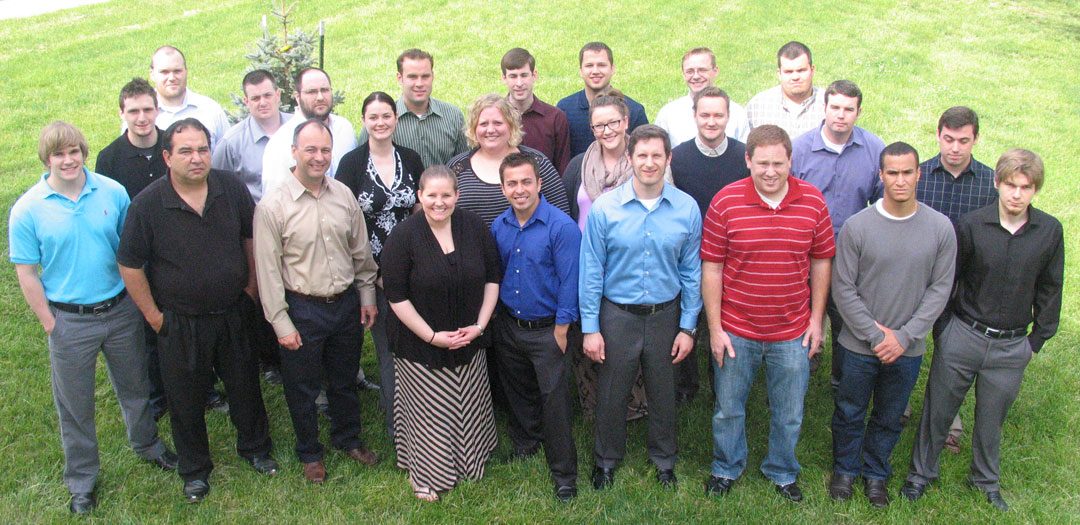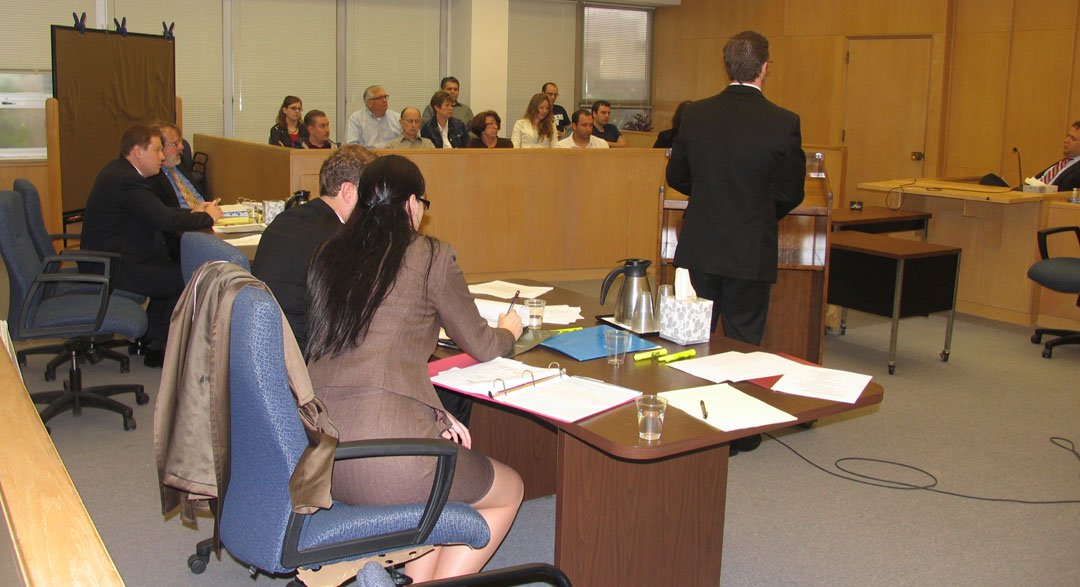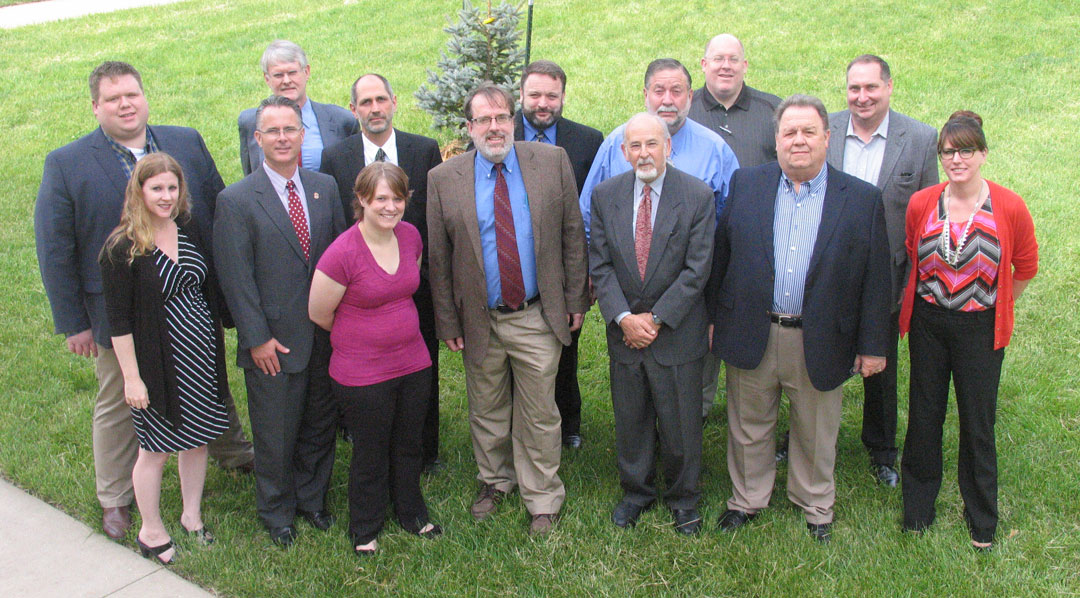Intensive Trial Advocacy Program Builds Practical Courtroom Skills

After an intensive week of courtroom skills training, 24 Washburn Law students walked away with the skills, poise, and confidence needed to try a case in court. Each May, between spring and summer sessions, the Intensive Trial Advocacy Program (ITAP) is offered at the law school. ITAP is a total immersion trial skills course in which entire days are spent learning and practicing trial skills. The week concluded with student teams participating in a simulated jury trial at the Shawnee County Courthouse.
A group of 19 instructors, experienced trial lawyers and two judges, worked with the students in small groups to teach them how to combine knowledge of the law with persuasive trial advocacy skills. Students learned how to create persuasive case theory; deliver persuasive opening statements and closing arguments; and conduct clear, persuasive witness examinations.
Students developed skills to use demonstrative aids and exhibits at trial, and make the rules of evidence work in their favor during a trial. They also learned how to object successfully to an opponent’s questions and arguments, and respond to opponent’s objections to their questions and arguments.
"Our trial went really well and our jury was deadlocked for a while," said Kayla Roehler, J.D. Candidate '15. "Although our side lost, I learned what I need to change in my trial preparations so it will not happen again."
A new element added this year to ITAP was a video review, designed to focus on the student advocate’s communication skills. During small breakout sessions, the student’s performance was recorded, then subsequently reviewed one-on-one with an ITAP instructor who provided constructive criticism. The reviewers began by giving a Headline that identified the teaching point chosen to address; showed the student video, called Playback; provided a Prescription, or a "fix", for improvement; and ended with a Rationale explaining why the critiquing point is essential for good advocacy. The new video review element was well-received by the students. Roehler commented, “At first I was apprehensive about it, until I started noticing my nervous ticks. The faculty was great on helping all of us recognize the ticks and how they could impact the jury."
Professor Michael Kaye created Washburn Law’s ITAP program more than 10 years ago based on his experience as an instructor and teacher trainer for the National Institute of Trial Advocacy. He has directed ITAP at the law school since its inception and praises The Center for Excellence in Advocacy for their outstanding administration of the program.
A noteworthy result of the week is that the ITAP students learned the importance of becoming thoughtful, credible, professional, energetic, and compassionate advocates — essential skills that will serve them well in their careers.

